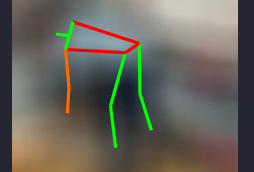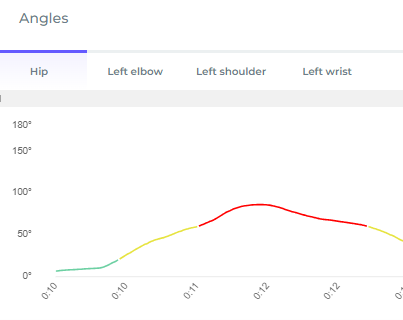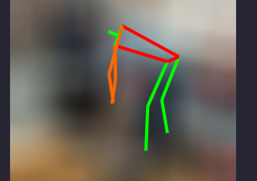Innovating for Comfort: Ergonomic Tool Design in Agriculture
Agriculture demands resilience, especially from women, who constitute a vital part of this sector. Our study acknowledges the ergonomic challenges they face and is dedicated to transforming the usability of scoop shovels and pitchforks, a staple in their toolkit, as the first tool to be enhanced. Through the lens of mixed-methods research, we utilize the TuMeke ergonomic software, incorporating cutting-edge AI computer vision technology alongside time-tested biomechanical techniques. This dual approach allows us to scrutinize every design detail, from handle to blade.




Our analysis dives deep into the core ergonomic factors: trunk angles, lift positions, and tool preferences. The findings are revealing—tools that foster upright posture reduce back strain, while certain handle designs and material choices like aluminum alleviate overall strain. Variability is key, as no single tool fits all; our study uncovers this diversity in preferences and physical requirements. Tools with balanced fulcrums and curved grips were found to significantly reduce user strain
The takeaway is clear: agricultural tools need to be as diverse as their users. We’re advocating for adjustable designs, tailored to individual heights and reaches, to accommodate a wider range of motion. Our study doesn’t just stop at numbers and angles; it listens to the voices of women farmers, integrating their experiences to refine the tools that empower their work.
As we advance, we commit to continuously iterating our designs, guided by both quantitative data and qualitative feedback from the women who are the backbone of agriculture. This project is a step towards a future where digital innovation and human-centered design converge to create a safer, more efficient farming environment for all, under the leadership of Project Director Dr. Jianfeng Zhou, Karen Funkenbusch, and Dr. Marcia C. Shannon